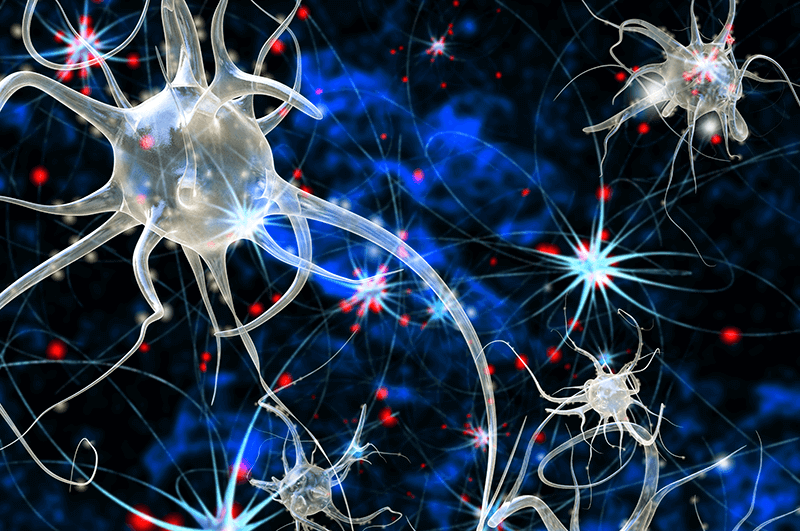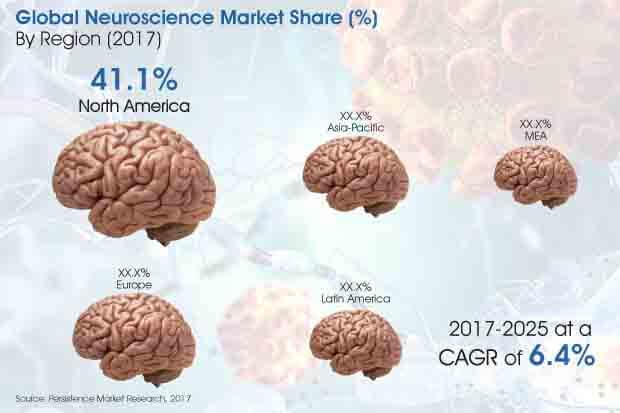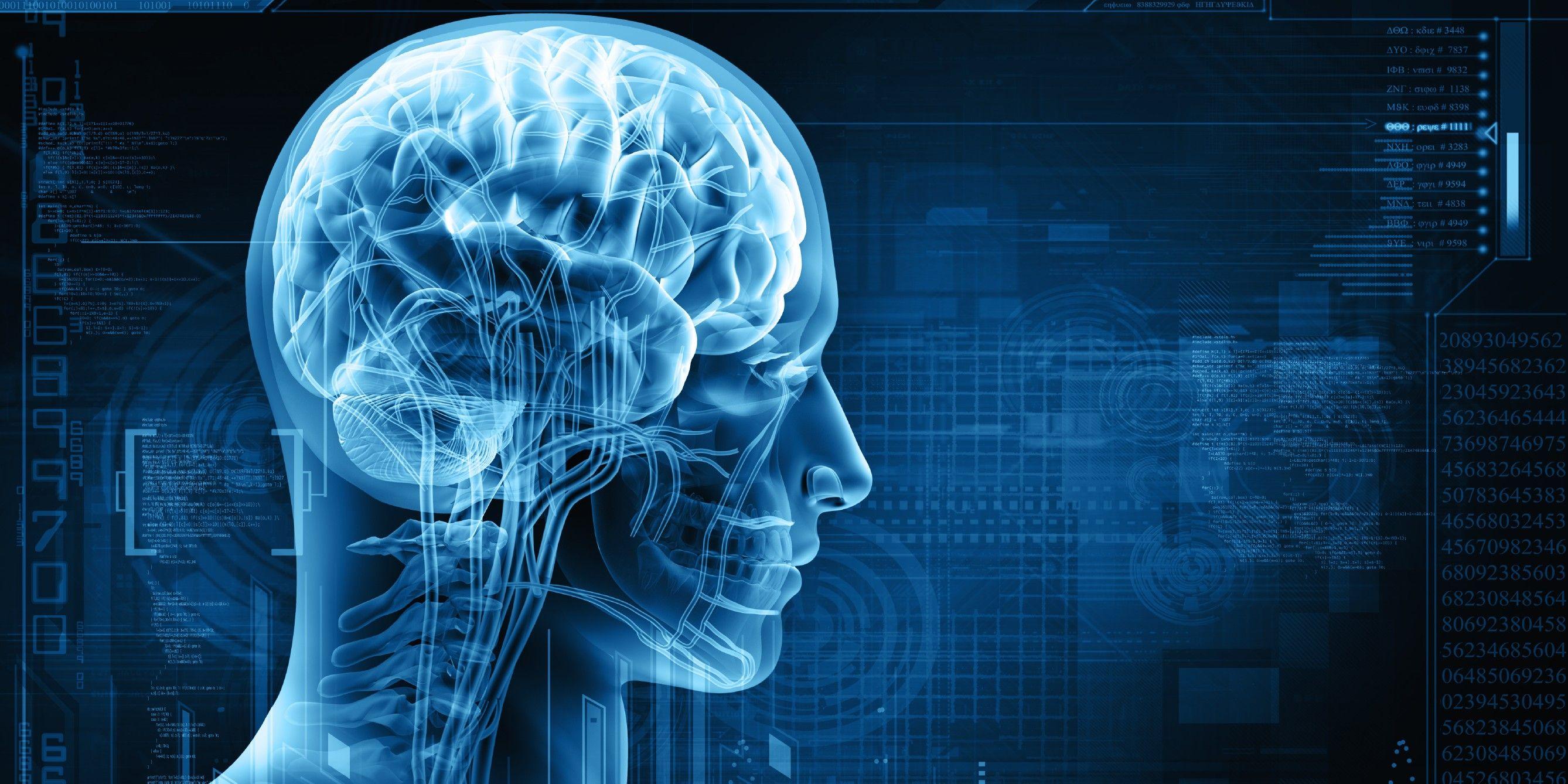Only a doctor can determine the exact cause of pain in the heart area after examining the patient.
However, if you pay attention to the localization, nature, intensity and duration of the pain syndrome, we can assume that it still hurts. To do this, you need to answer a few questions.
Where does it hurt?
With intercostal neuralgia, pain usually occurs on one side of the chest, spreading along the ribs. Some patients describe it as shooting, compared with the passage of an electrical discharge. In most cases, they note the spread of pain along the intercostal space from the spinal column to the sternum.
In cardiovascular pathologies, the pain CNS CRO syndrome develops as a result of a violation of the coronary circulation.
The pain is localized in the center or slightly to the left of the sternum, can radiate to the neck, left shoulder, shoulder blade, arm, left hypochondrium or epigastric region.

How does it hurt?
With intercostal neuralgia at the beginning of the disease, the pain can be of a moderate stabbing character, then gradually increases, sometimes becomes unbearable.
A characteristic sign of damage to the intercostal nerves is increased pain when breathing, laughing, coughing, turning the torso.
If the pain in the chest area is caused by a violation of the coronary circulation, it usually has a pressing, squeezing or burning character.
The intensity of the pain syndrome can be different: from mild and moderate to intense and unbearable and does not depend on breathing, coughing or turning the torso.
How long does an attack last?
Intercostal neuralgia is characterized by constant moderate pain and sudden short-term attacks (pain paroxysms)
lasting from a few seconds to 2-3 minutes, during which patients, fearing increased pain, freeze and hold their breath.
In the intervals between attacks along the affected nerves, Psychiatry CRO unpleasant sensations may occur in the form of tingling, numbness, goosebumps.
With angina attacks can last up to 15 minutes, the most acute period in myocardial infarction lasts from 10-20 minutes to 2 hours.
Unlike neuralgia, the pains that arose as a result of circulatory disorders are not shooting, but constant squeezing or pressing.
What could have caused the pain?
- Pain paroxysm with intercostal neuralgia can provoke coughing, sneezing, deep inspiration or exit, sudden movement or uncomfortable body position.
- Cardiological pain often occurs after excessive physical exertion, stressful situations, with an increase in blood pressure, interruptions in the work of the heart, in weather-sensitive people - when the weather changes.
- In the advanced stages of cardiovascular disease, seizures may begin suddenly at rest for no apparent reason.

What worries you besides pain?
Pain in intercostal neuralgia is often accompanied by other symptoms: redness or pallor of the skin, local hyperhidrosis, which occurs due to damage to the sympathetic fibers of the intercostal nerves, discomfort in the area of the affected nerves.
With herpes zoster, characteristic rashes appear on the patient's skin along the ribs. At the beginning of the disease, a herpetic rash is a small round-shaped spots, which, as the pathological process develops, are converted into vesicles, dry out and become covered with a crust.
Cardiac pain is often accompanied by shortness of breath, shortness of breath, palpitations, pallor or cyanosis of the skin, dizziness, and sometimes nausea and vomiting.
With myocardial infarction, patients may experience cold sweat, depression of consciousness or emotional arousal, severe weakness.
When should you see a doctor Neurology CRO immediately?
- Regardless of the cause, pain is not normal. It serves as a signal that the body sends us, telling us that it needs help.
- If you or your loved one is experiencing severe chest pain that lasts more than 10 minutes and is not relieved by nitroglycerin, you need to call an ambulance.
- Indications for calling an ambulance are also: high blood pressure, heart rhythm disturbance, moderate chest pain, accompanied by general weakness, dizziness, nausea, vomiting, impaired consciousness.
- With pain similar to intercostal Neurology CRO, you should also not postpone visiting a doctor. If the pain does not go away within a few hours, make an appointment with a neurologist at the Neurocel Medical Center.
- The doctor will examine you, prescribe the necessary examinations, determine the cause of the pain and select the appropriate treatment.
